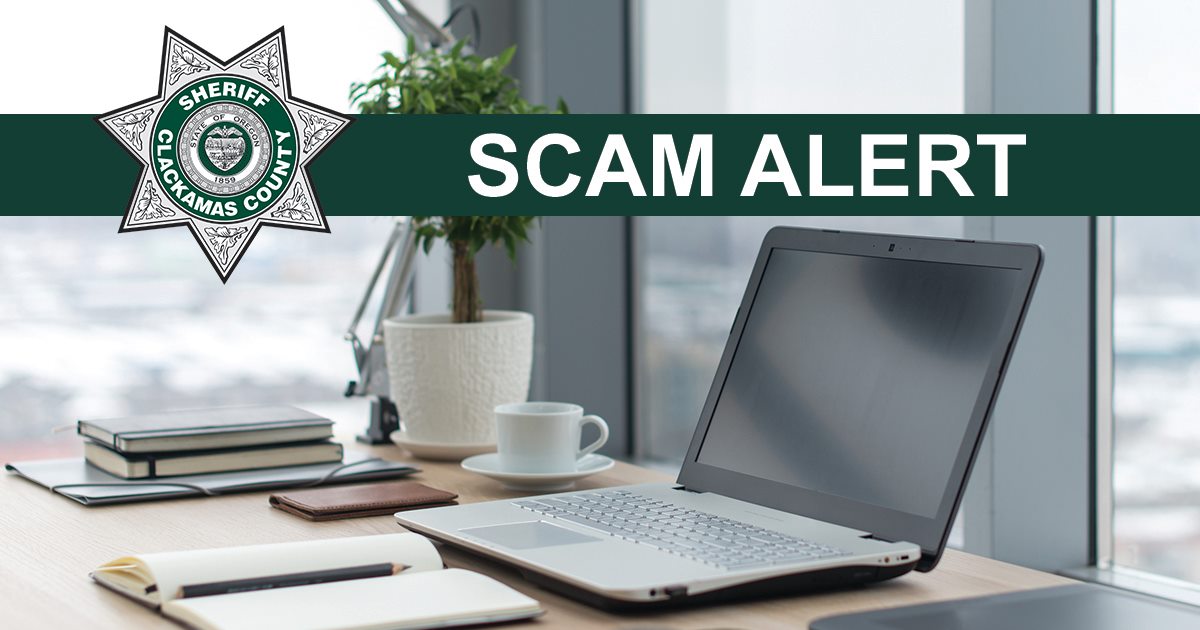Fraud email leads to call with fake 'tech support' stealing personal info
NEW 'AMAZON SCAM' ALERT: The Sheriff's Office recently took a report on a scam that's been making the rounds locally.
In the scam, an email claiming to be from "Amazon" informs you that there's been an unauthorized purchase from your account -- prompting you to call a fake Amazon "customer support" number where fake "tech support" representatives then attempt to hijack your devices and steal your personal information.
In our recent case, the victim received an email that appeared to be from Amazon. (It was not -- the email said it was from "Amazon," but closer inspection revealed it was in fact a Gmail address.).
The scam email informed the victim that a laptop had been purchased using the victim's Amazon account. The email told the victim to call a toll-free customer-support number if the victim did not purchase the laptop and did not want to be charged for it.
The laptop purchase was a made-up story. And the toll-free number directed the victim to a fake "tech support" team that told the victim more lies. The scammers convinced the victim to share driver's license info and take a personal photo, as well as install apps on the victim's phone that allowed the scammers to steal additional information -- and make fraudulent charges on the victim's bank account.
These types of scams are becoming more prevalent -- and more sophisticated. Here are some tips to help you avoid being a victim:
1. A common trick of scammers is to send an email claiming a fraudulent purchase was made on a popular account you might use, such as Amazon. First, check the sender's email address -- if the email URL is not from the service in question, it's a scam.
2. If you receive one of these scam emails, never call the "customer service" or "tech support" number listed in the email, and never use links inside the email to "access your account." Those links go to fake login webpages designed to look like actual login pages for services such as Amazon. Logging in using one of these fake pages allows scammers to steal your login credentials.
3. Telephone customer support for services like Amazon will never ask for your banking information, driver's license, Social Security number, or other sensitive personal and financial information. They will also not ask you to install apps or other software on your computer or phone. Those programs can be used to hijack your devices -- and steal your information.
4. If you are concerned about fraud on a service such as Amazon, log directly into Amazon.com to check your account and contact customer service. Check directly through a verified/trusted Amazon email address or phone number if the authenticity of the message is a concern. And make all purchases using credit cards instead of debit cards -- it's easier to reverse the charges.
Scam victims can contact the Federal Trade Commission's scam line to report any fraud. You can report to the FTC online at https://www.ftc.gov/faq/consumer-protection/submit-consumer-complaint-ftc or by phone at 1-877-FTC-HELP. More info is also available at www.identitytheft.gov
[END]
Deputy John Wildhaber
Clackamas County Sheriff’s Office
Public Information Unit
 Translate
Translate






